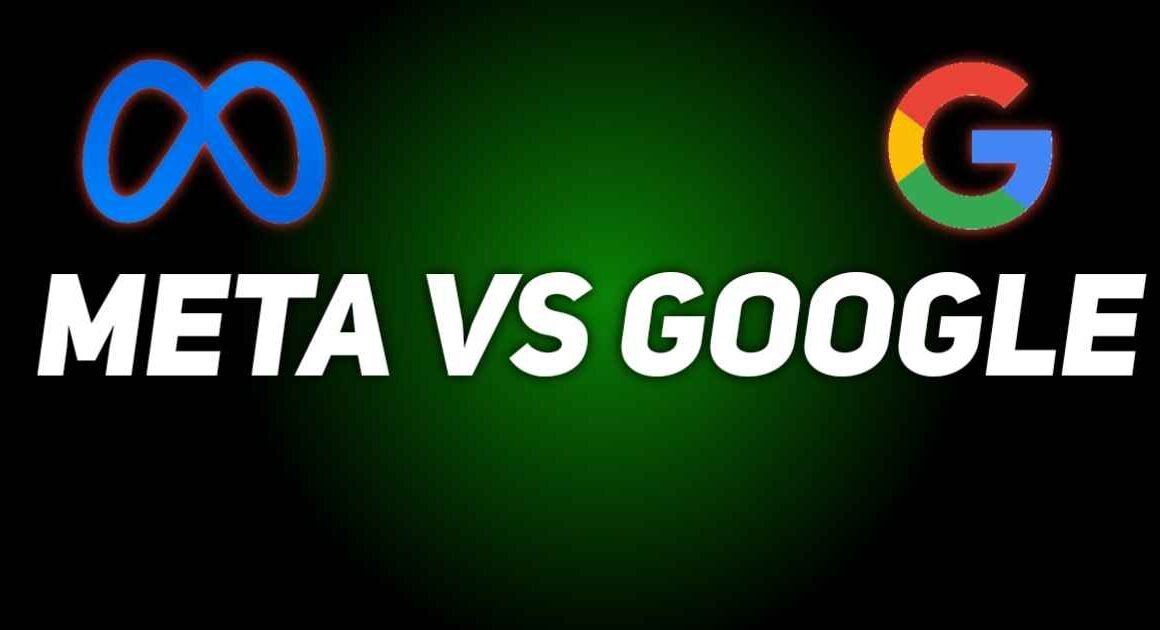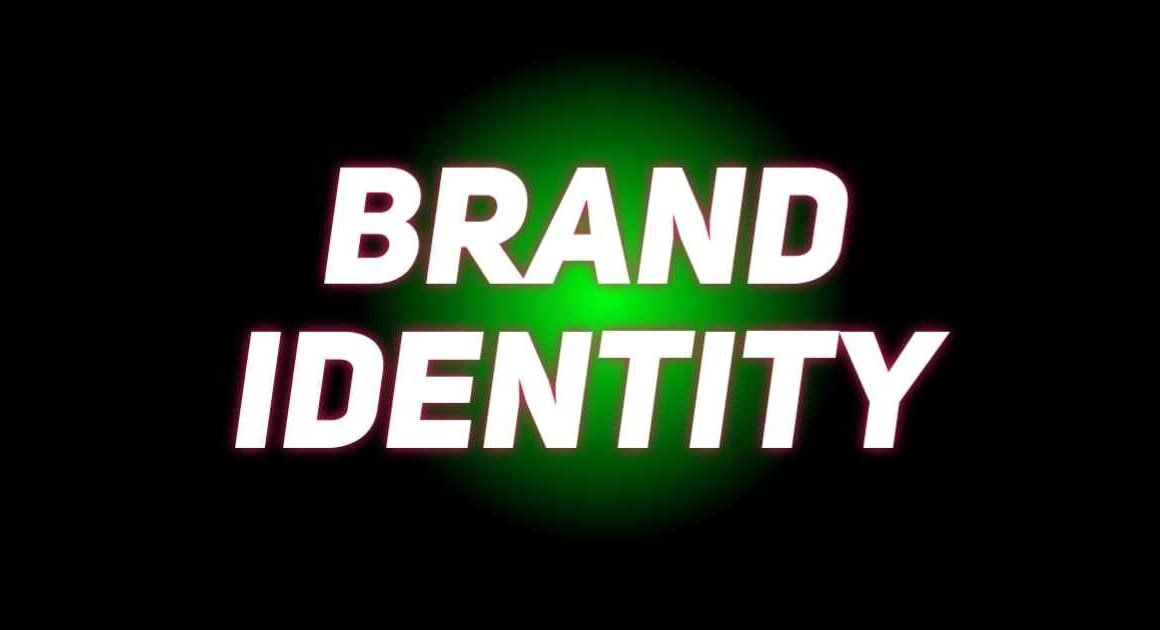Are you ready to revolutionize your digital advertising game? Mastering the intricacies of campaign ads Meta and Google is the key to unlocking unparalleled marketing success. In this guide, we’ll delve into the nuances of running campaign ads on these platforms, providing actionable insights to enhance your strategy and maximize your impact.
Introduction: Navigating the Digital Landscape with Campaign Ads Meta and Google

In today’s fast-paced digital world, effective advertising requires strategic timing and precision targeting. Whether you’re tapping into the vast user base of Meta or harnessing the power of Google’s search and display network, understanding the timing considerations is essential for success. Let’s explore how to optimize your campaign ads strategy on Meta and Google.
Timing Considerations on Meta
Meta, with its diverse range of platforms including Facebook, Instagram, and Messenger, offers advertisers ample opportunities to connect with their target audience. Here’s what you need to know about timing your campaign ads on Meta:
- Ad Approval Time: Allow 24-48 hours for Meta to review and approve your ads before they go live.
- Campaign Duration: Opt for a duration of 2-4 weeks to maximize audience engagement and ad performance.
- Ad Frequency: Keep a close eye on ad frequency to avoid overwhelming your audience with repetitive content.
Timing Considerations on Google
Google’s advertising platform provides unmatched reach and targeting capabilities, making it a powerhouse for digital marketers. Here’s how to navigate the timing considerations on Google:
- Ad Approval Time: Expect a review period of 1-2 days before your ads are approved and begin running.
- Campaign Duration: Consider a longer duration of 4-6 weeks to gather sufficient data for optimization and maximize your ROI.
- Keyword Research: Conduct comprehensive keyword research to ensure your ads are targeting the most relevant search terms and phrases.
Comparing Timing on Meta and Google
Let’s compare the timing considerations for campaign ads on Meta and Google:
| Timing Factor | Meta | |
|---|---|---|
| Ad Approval Time | 24-48 hours | 1-2 days |
| Campaign Duration | 2-4 weeks | 4-6 weeks |
| Ad Frequency | Monitor and adjust | Monitor and adjust |
| Keyword Research | Limited to platform | Comprehensive for search |
Conclusion: Elevate Your Campaign Ads Strategy
In conclusion, optimizing the timing of your campaign ads on Meta and Google is crucial for maximizing your marketing impact. By understanding the platform-specific timing considerations and implementing best practices, you can elevate your advertising strategy to new heights. So, seize the opportunity, refine your approach, and watch as your campaign ads drive unprecedented results on Meta and Google!

FAQs (Frequently Asked Questions)
How long does it take for campaign ads to get approved on Meta and Google?
- Answer: Ad approval typically takes between 24 to 48 hours on Meta and approximately 1 to 2 days on Google. During this time, both platforms review the ads to ensure they comply with their respective policies and guidelines.
What is the recommended duration for running campaign ads Meta and Google?
- Answer: For optimal results, consider running your campaign ads on Meta for a duration of 2 to 4 weeks and on Google for 4 to 6 weeks. This duration allows sufficient time for audience engagement, data collection, and campaign optimization.
How often should I monitor ad frequency on Meta and Google?
- Answer: It’s essential to monitor and adjust ad frequency regularly to prevent audience fatigue and optimize performance. Check your ad frequency metrics weekly or bi-weekly, and adjust as needed to maintain a balance between visibility and user experience.
Can I target specific keywords with my campaign ads Meta and Google?
- Answer: Yes, both Meta and Google offer robust keyword targeting options. You can select relevant keywords aligned with your campaign objectives to ensure your ads reach the right audience searching for specific terms or phrases.
What factors should I consider when conducting keyword research for my campaign ads Meta and Google?
- Answer: When conducting keyword research, consider factors such as relevance to your product or service, search volume, competition level, and user intent. By selecting high-quality keywords, you can enhance the effectiveness of your campaign ads and improve your ad targeting.
How can I prevent my campaign ads from appearing too frequently to the same audience on Meta and Google?
- Answer: To prevent ad fatigue and overexposure, utilize ad frequency capping features available on both platforms. Additionally, consider implementing audience segmentation strategies to target different user groups with tailored messaging.
What metrics should I track to measure the effectiveness of my campaign ads Meta and Google?
- Answer: Key metrics to track include click-through rate (CTR), conversion rate, cost per acquisition (CPA), return on ad spend (ROAS), and engagement metrics such as likes, comments, and shares. By analyzing these metrics, you can gauge the performance of your campaign ads and make data-driven optimizations.
Are there any restrictions on the type of content allowed in campaign ads Meta and Google?
- Answer: Yes, both Meta and Google have policies in place regarding acceptable ad content. These policies prohibit certain types of content, including misleading claims, prohibited products or services, and sensitive topics. Ensure your ads comply with these guidelines to avoid ad disapproval or account suspension.
How can I optimize my landing pages to improve the performance of my campaign ads Meta and Google?
- Answer: Optimize your landing pages by ensuring they are mobile-friendly, load quickly, and provide relevant and engaging content. Use clear calls-to-action (CTAs) and align your landing page messaging with your ad creative to provide a seamless user experience and increase conversion rates.
Is there a difference in targeting options between Meta and Google for campaign ads?
Answer: While both platforms offer robust targeting options, there may be differences in audience demographics, interests, and behaviors. It’s essential to understand the nuances of each platform’s targeting capabilities and tailor your strategy accordingly to maximize the effectiveness of your campaign ads.




